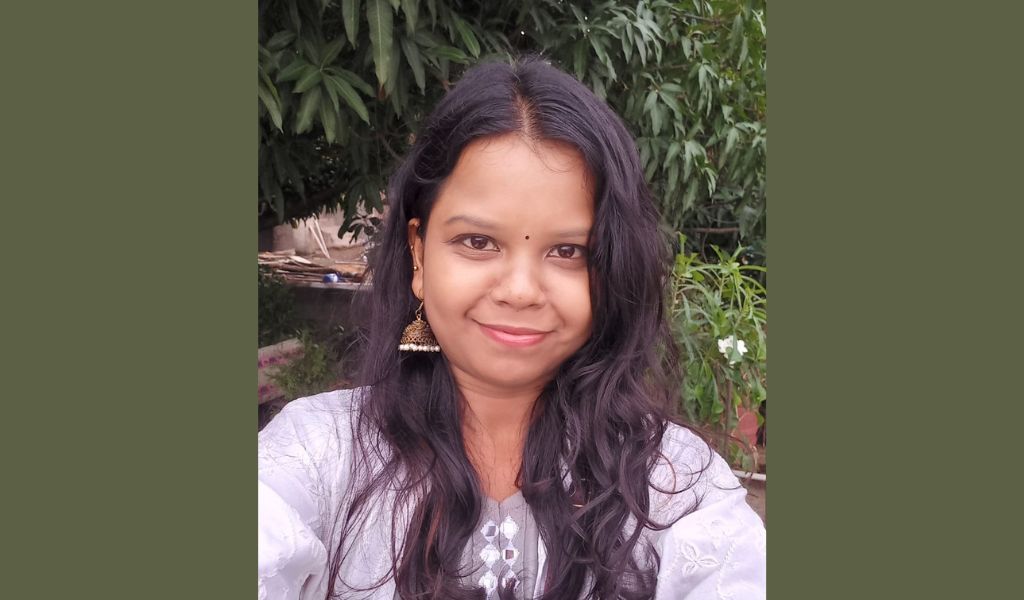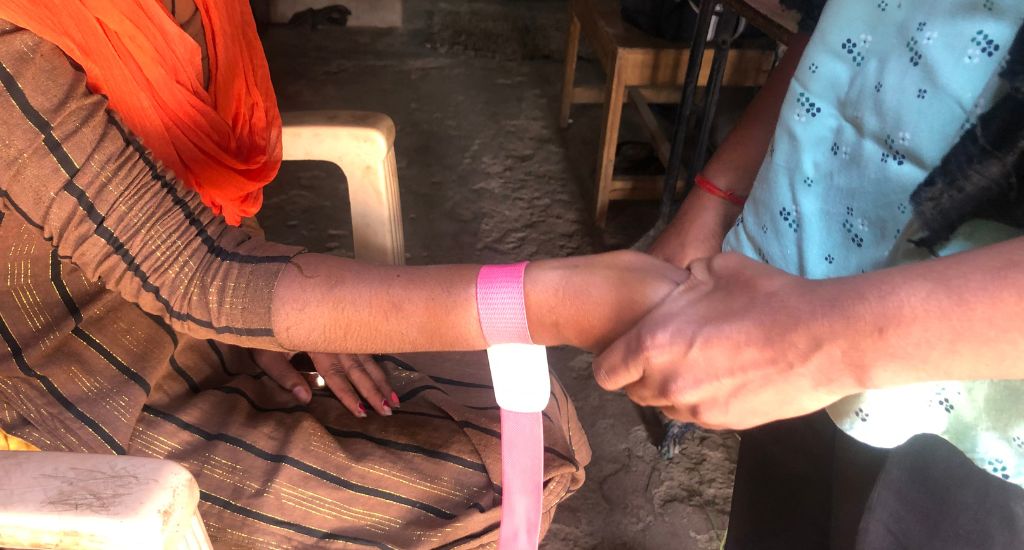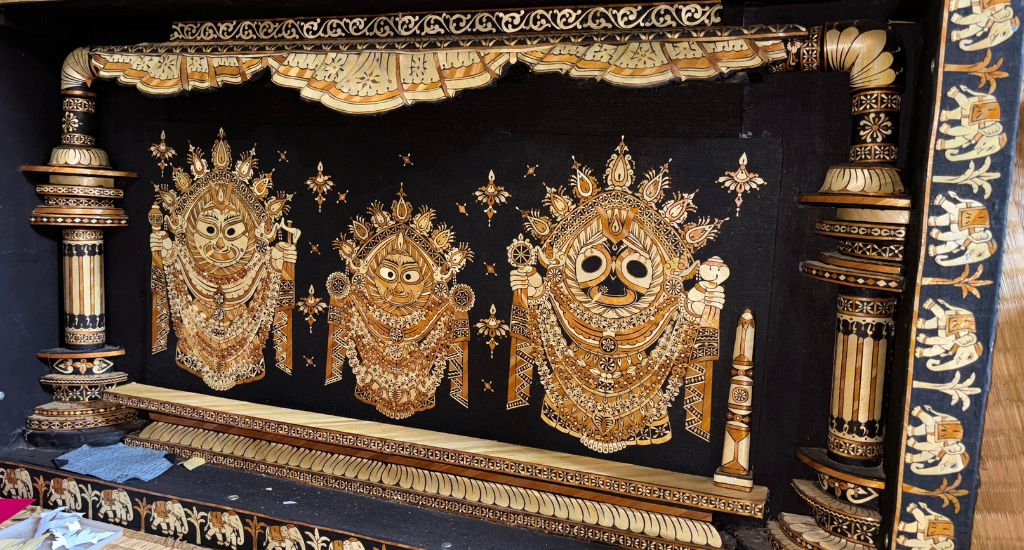“I am a firm believer that language and how we use language determines how we act and how we act then determines our lives and other people’s lives” said Black American writer Ntozake Shange.
The base of communication is language and language is the source of life, traditions and culture. There are more than 1,000 tribal languages across India among which some are dead and are endangered.
The world now has a demand for a single language through which they can connect to each other. From schools to job sectors, everywhere English has become a global language. It’s highly ironical that most of the tribal youth have a strong command over English and Hindi languages but unfortunately have lost their roots. National Education Policy 2020 proposed that Indian languages, culture and traditions should be promoted in the curriculum of students but we don’t find any such attempts being taken.
Secondly, there are many tribal languages and introducing one language – for example if we take the case of Jharkhand, there are tribes speaking Munda, Ho, Kharia, Santhali, Kudukh and many more – would bring the notion of discrimination against other spoken languages.
Hence, in these cases what could a tribal person do? Language acquisition first begins at our homes. The reason 21st century tribes don’t encourage their children or even if we look at youth in general they aren’t aware of the importance of their culture and traditions.
Discriminations against the Adivasis / tribes have led to refusal and embarrassment of their own culture. Acceptance of their own language and culture should be encouraged. The value and importance of tribal languages in the lives of the Adivasis should be emphasized. Parents should stop telling their children to ‘talk in English’ and start using home languages.
Alex Ekka in his book Status of Adivasi /Indigenous Peoples Land Series 4 Jharkhand brought a term called “interior colonialism ” which was used for non-tribes who were occupying tribal lands like the colonisers took away the lands of tribals.
Similarly if we read texts written by African writers like Ngugi Wa Thiong “The Language of African Literature ” where he mentions how colonisers used language as a medium of colonisation by treating their languages as inferior and savage.
Subjugation of tribal languages and alienating it as something different and not normal – is also the reason why tribals are moving away from their roots and languages. Mainstream narratives keep on portraying tribal or Adivasi languages as wild. I remember how someone called our dance and music “jungli” when I decided to do that dance in one of the functions held in college. Often comments like “from where has this dance, languages come” kind of connects how the culture is seen as something weird and alien through the eyes of mainstream.
Hemant Soren, the chief minister of Jharkhand made it compulsory that indigenous languages should be implemented in all the government exams hence denial of one’s own languages wouldn’t be fruitful if one is dreaming to achieve jobs in these sectors. A recent article showed that Satya Bharati, Ranchi [Jharkhand] had started their coaching classes for tribal languages but tribal students were less in comparison to non-tribal students.
Not much exposure has been shown towards the tribal culture, arts and traditions. The youth should be guided by uncovering them with the advantages and disadvantages of their own languages. Revealing tribal books and initiating seminars related to tribal culture could be a stepping stone for tribal youth to bridge the gaps between their languages and themselves. If we look at the tribal writers there are very few writers who have shown the life of Adivasis in general.
Most of the time discrimination leads to inferiority complex amongst the tribal youth hence they exclude themselves from their roots accepting the notions by mainstream. Therefore, tribal youth who have knowledge in areas of tribal studies, law, forums, groups, activists, different tribal languages and studies on marginalised communities can educate the teenagers or ignorant tribal youth about the issues they will be facing in future.
As Ngugi Wa Thiong said “If you know all the languages of the world but not your mother tongue, that is enslavement. Knowing your mother tongue and all other languages too is empowerment.”
Alisha Horo, has a master’s degree from Jyoti Nivas College, Bengaluru. She belongs to the Munda Adivasi community in Jharkhand. After being exposed to tribal studies, she has realised the importance of her Adivasi identity. Through her writing, she attempts to connect with and learn about her language and culture.



